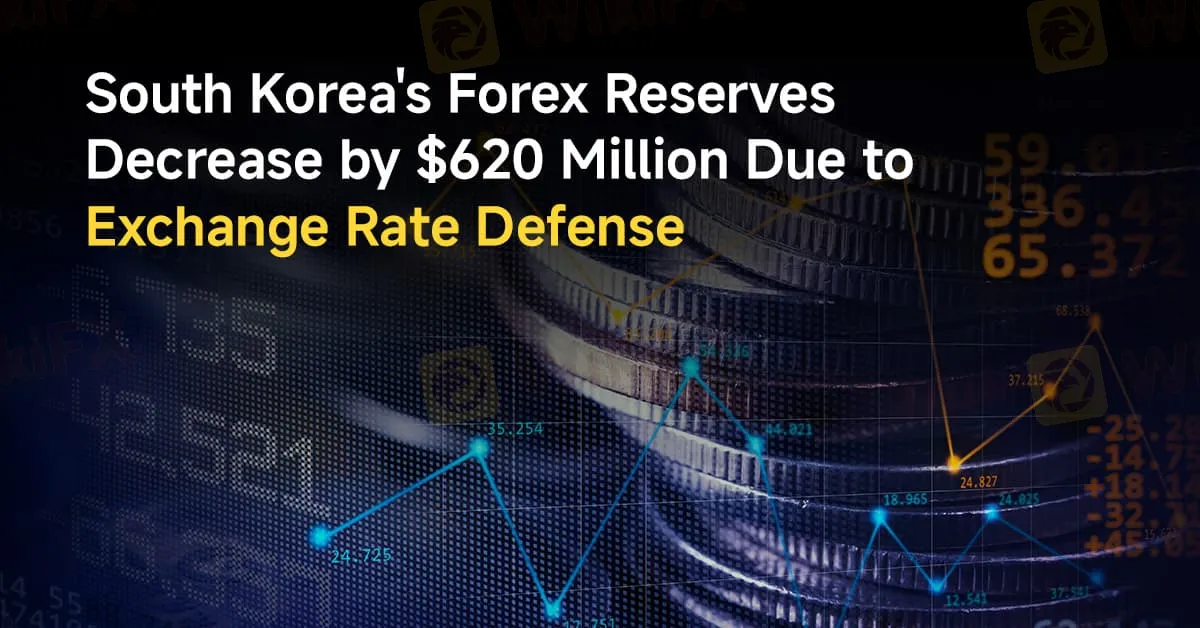Abstract:As of the end of May, South Korea's foreign exchange reserves were ranked 9th globally, reflecting its robust position in international markets despite the recent adjustments.

As of the end of May, South Korea's foreign exchange reserves were ranked 9th globally, reflecting its robust position in international markets despite the recent adjustments.
South Korea's foreign exchange reserves experienced a decline of $620 million in June, influenced by various financial activities aimed at stabilizing currency exchange rates. According to the Bank of Korea's “End of June 2024 Foreign Exchange Reserves” report released on the 3rd of July, the country's reserves stood at $412.1 billion by the end of June, marking a decrease from the previous month.
The reduction in reserves can be attributed to several factors. Despite an increase in foreign currency deposits at financial institutions, primarily driven by the typical end-of-quarter effect, significant outflows were observed due to the repayment of foreign exchange stabilization bonds (FESBs) and foreign exchange swaps with the National Pension Service. Additionally, the appreciation of the U.S. dollar contributed to a decrease in the converted value of non-dollar foreign currency assets.
The Bank of Korea clarified, “The decrease in reserves was largely due to the maturity of FESBs and the settlement of foreign exchange swaps, coupled with the impact of a stronger U.S. dollar on the valuation of our foreign currency holdings.”
However, the central bank reassured that this decline is temporary, anticipating a reversal with the issuance of new FESBs scheduled for July. This issuance is expected to bolster reserves in the upcoming months.
The management of foreign exchange reserves plays a crucial role in South Korea's economic strategy, ensuring stability and resilience against global financial fluctuations.











